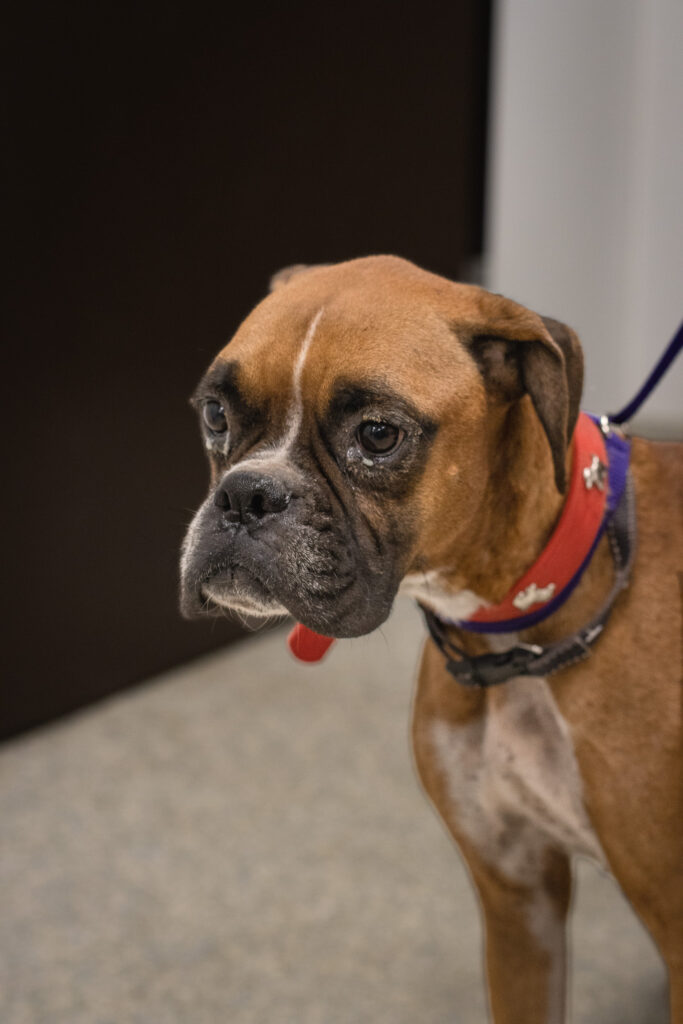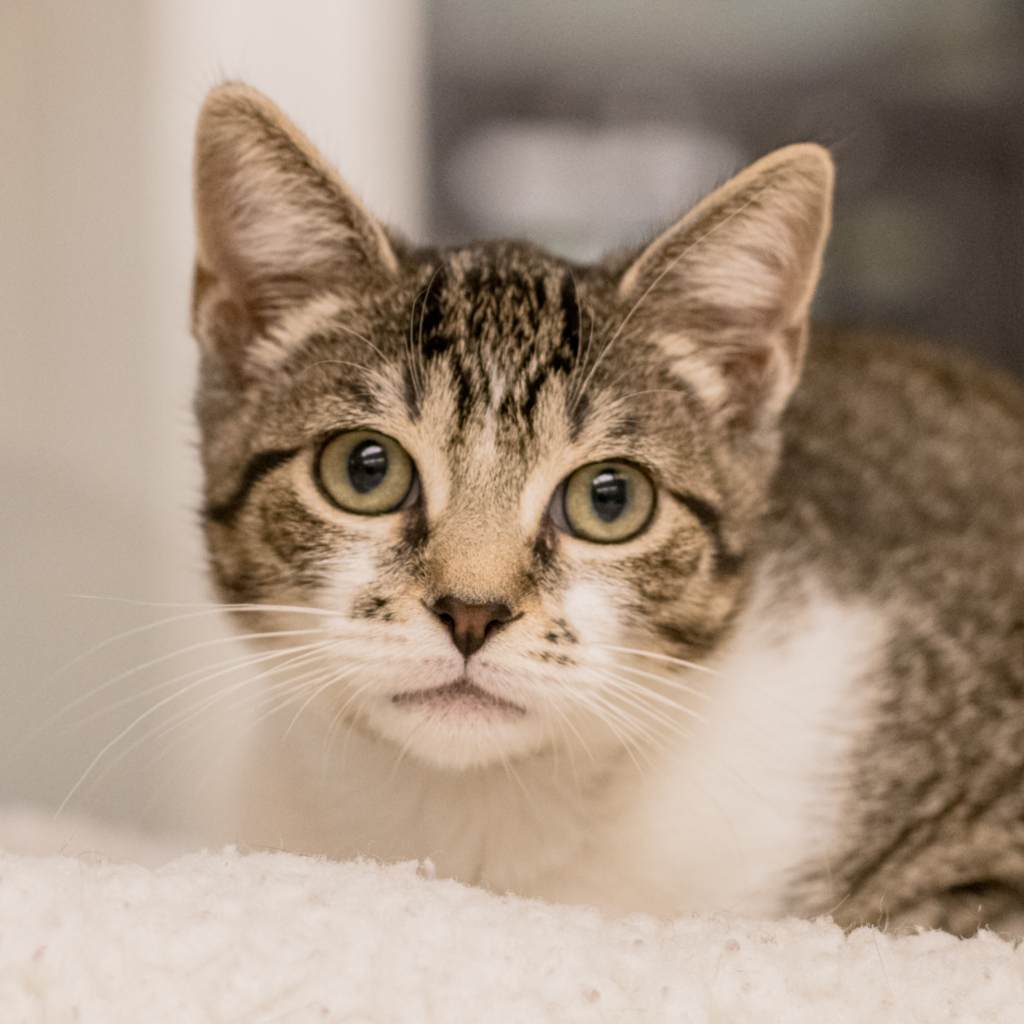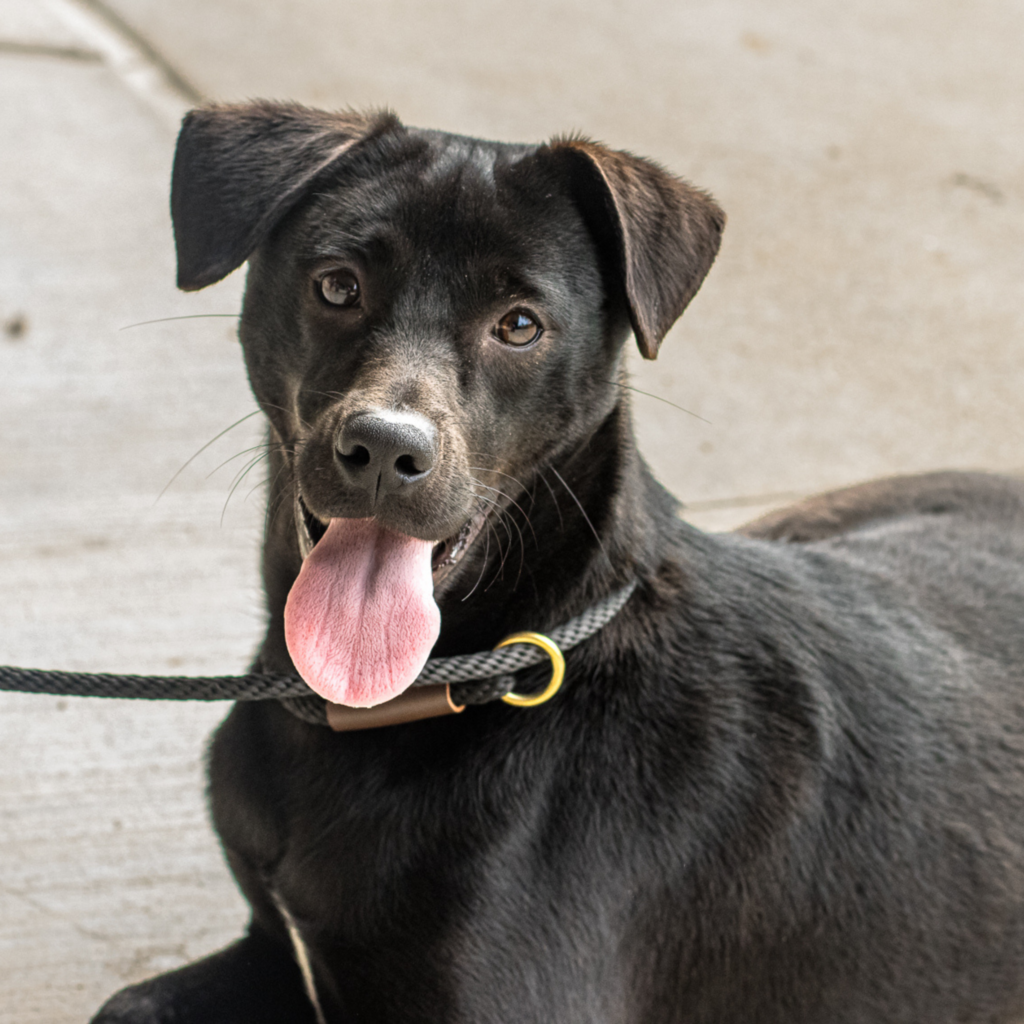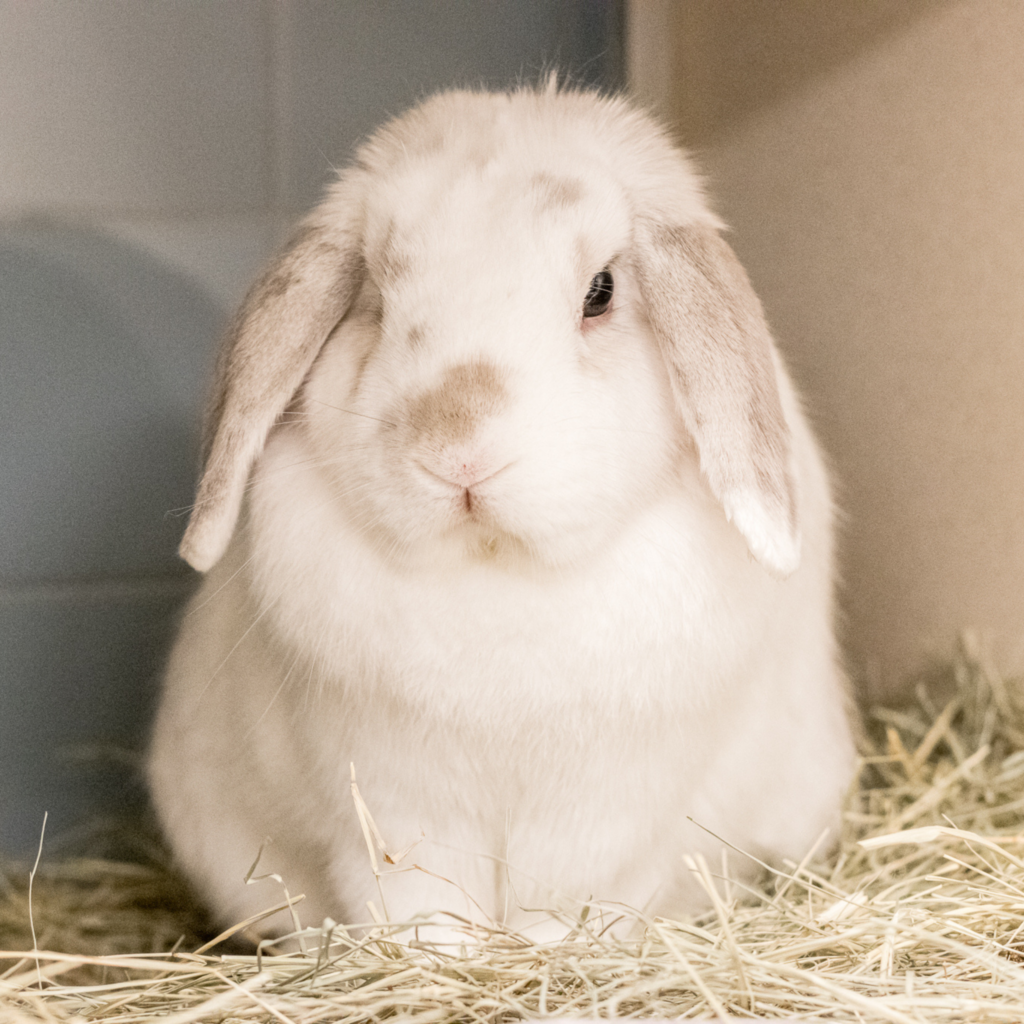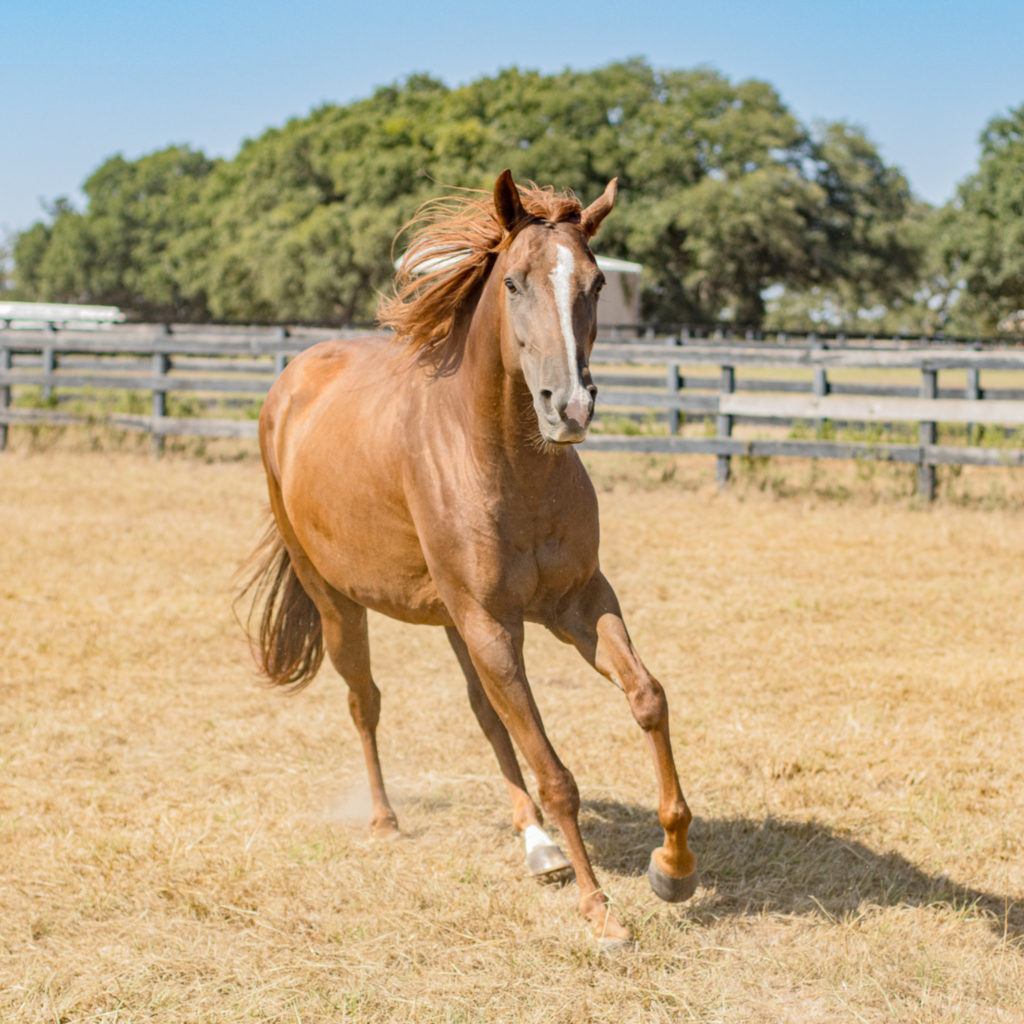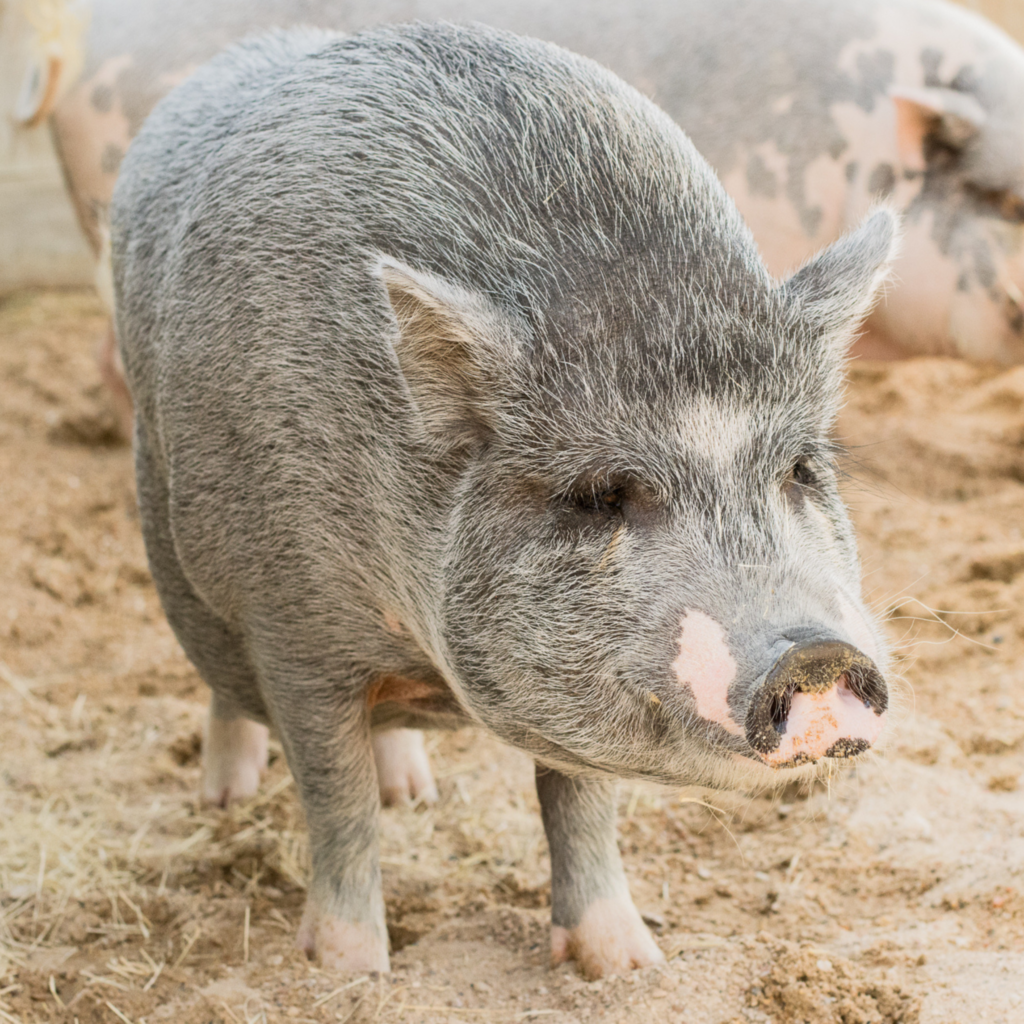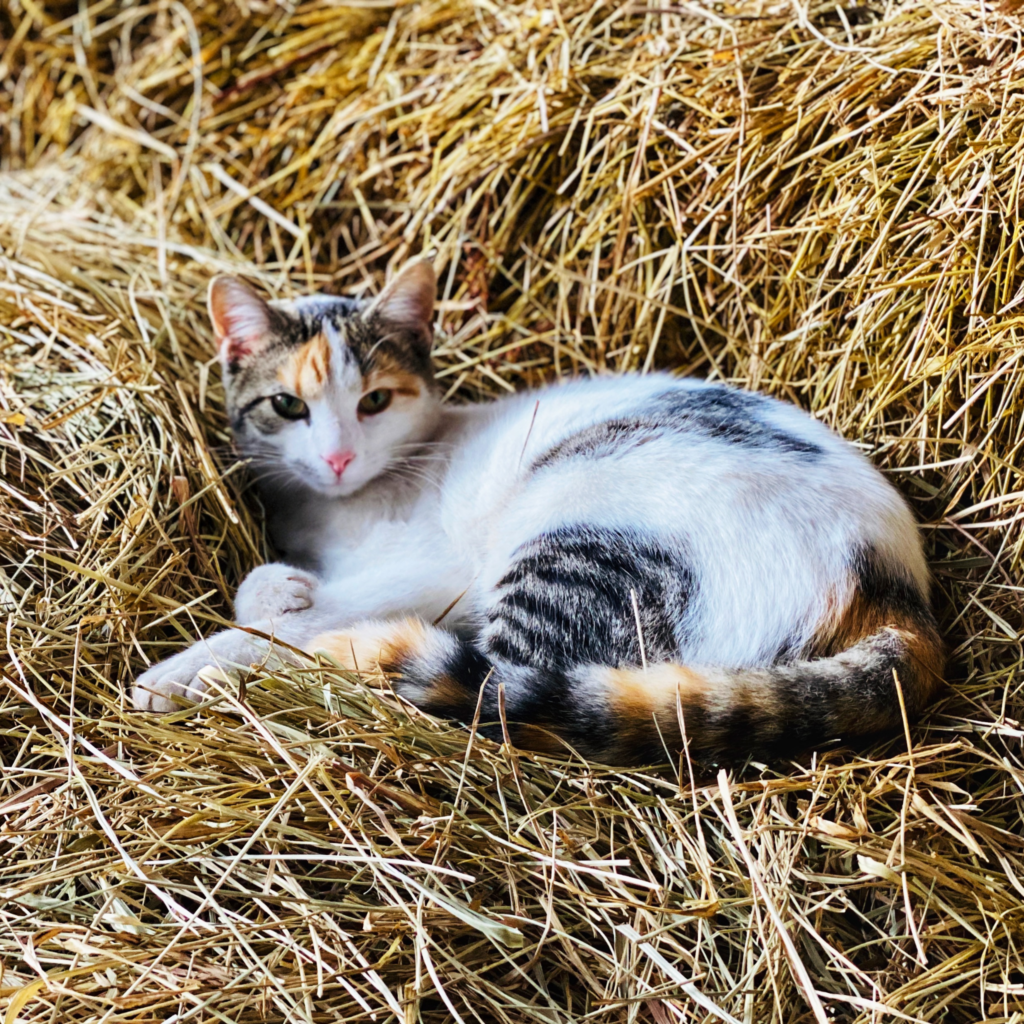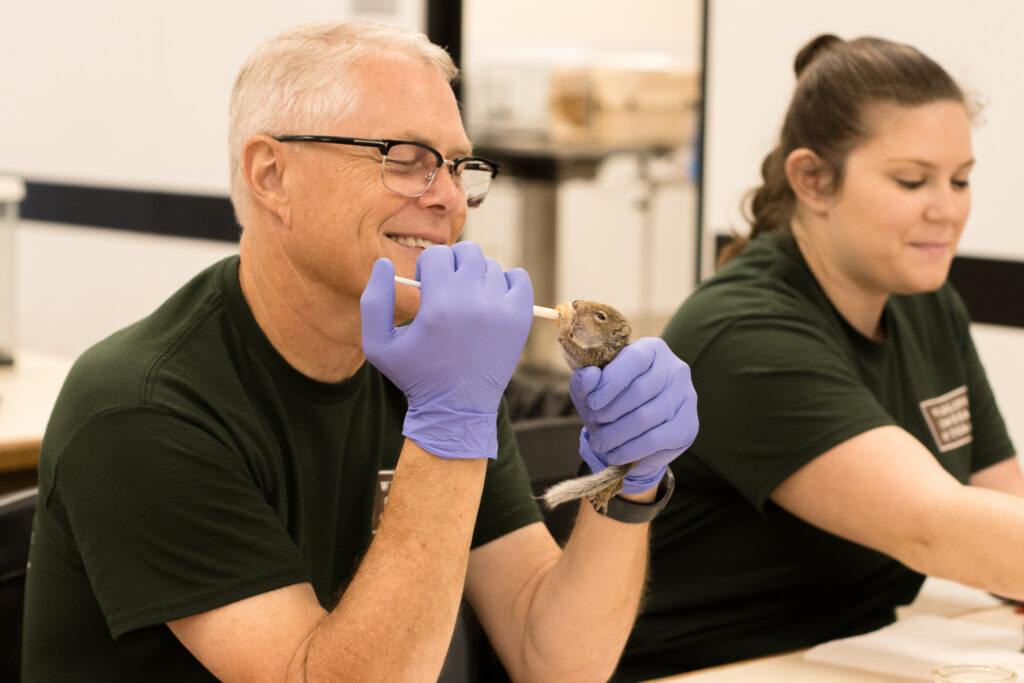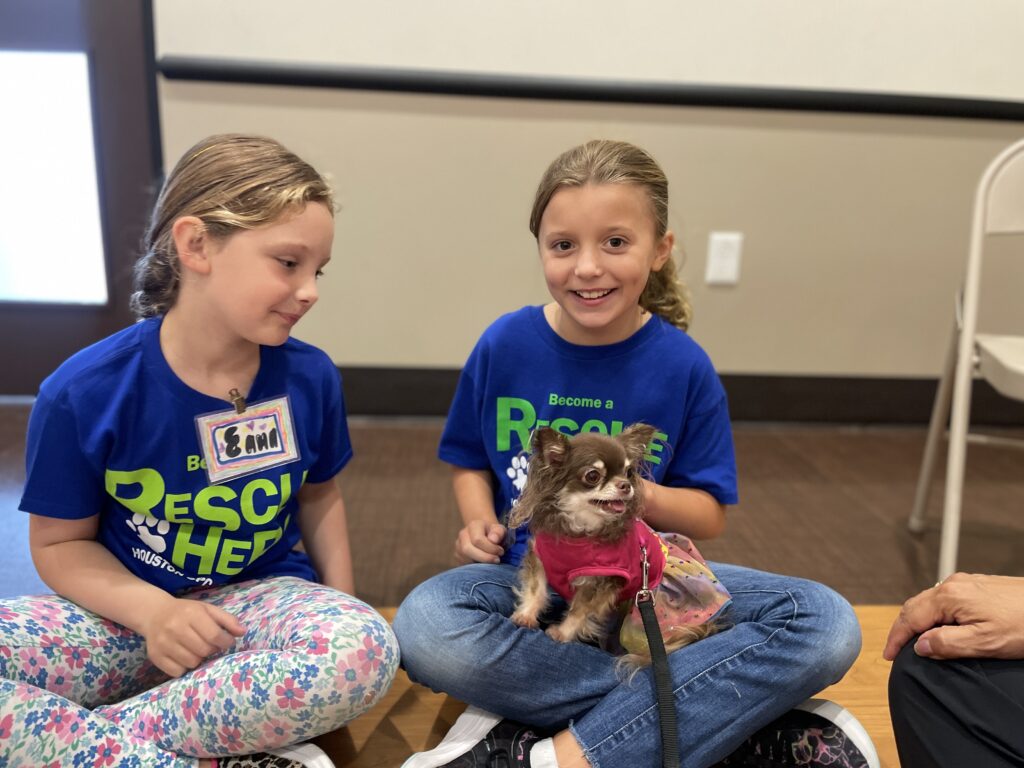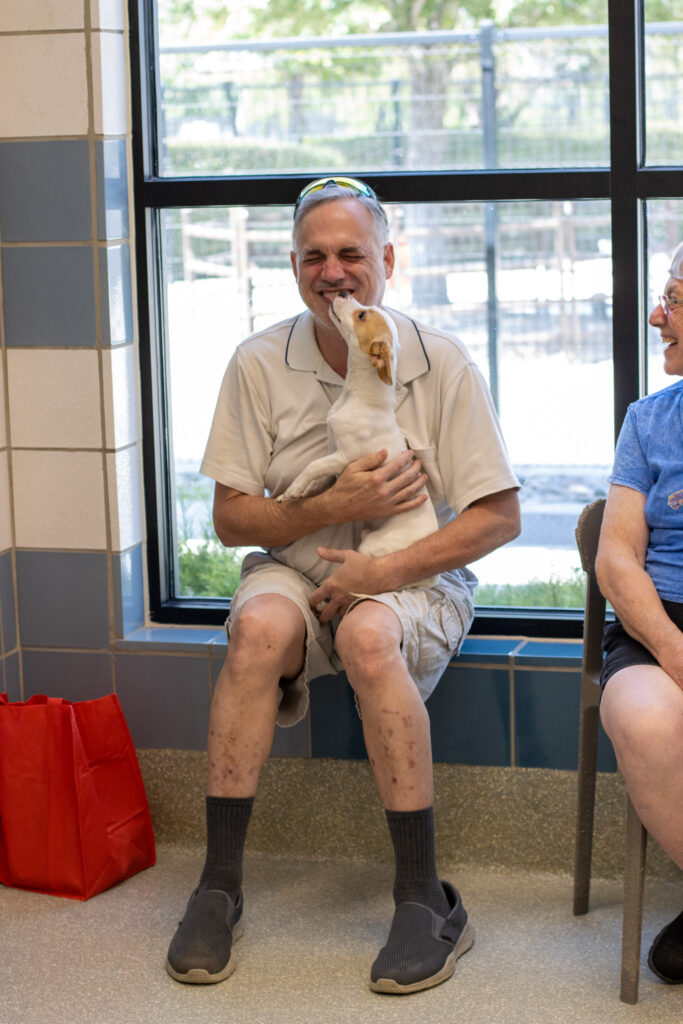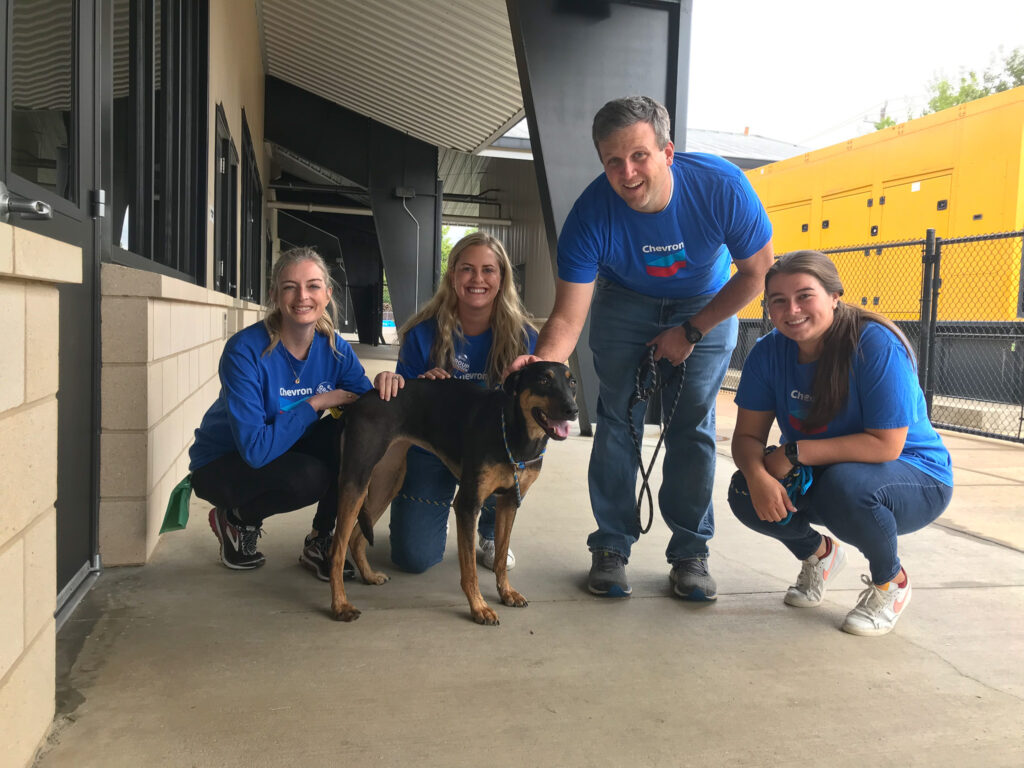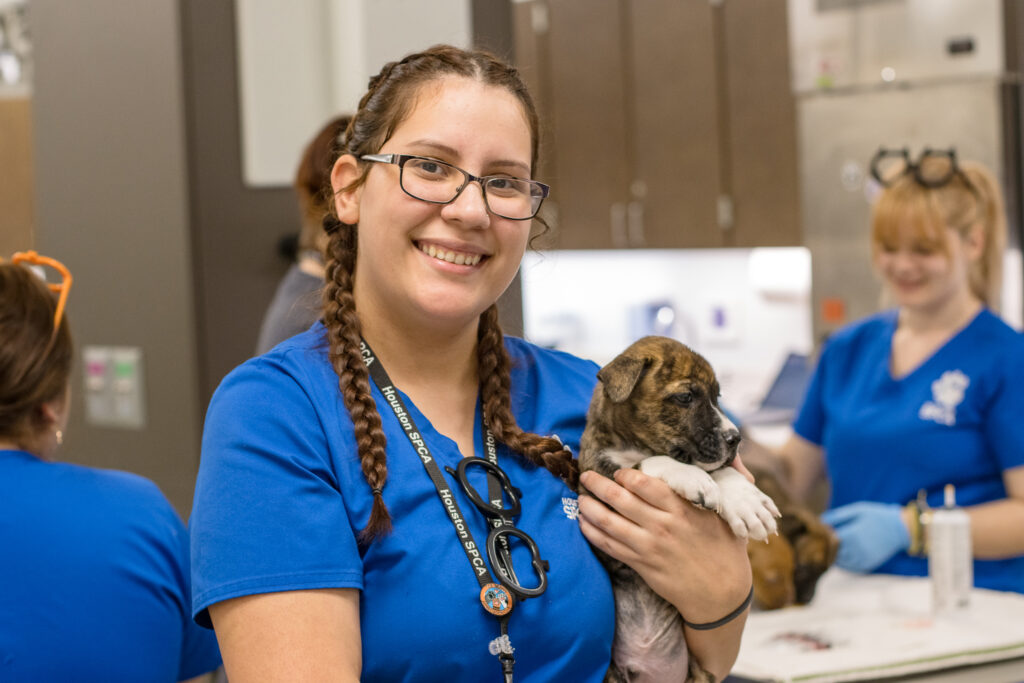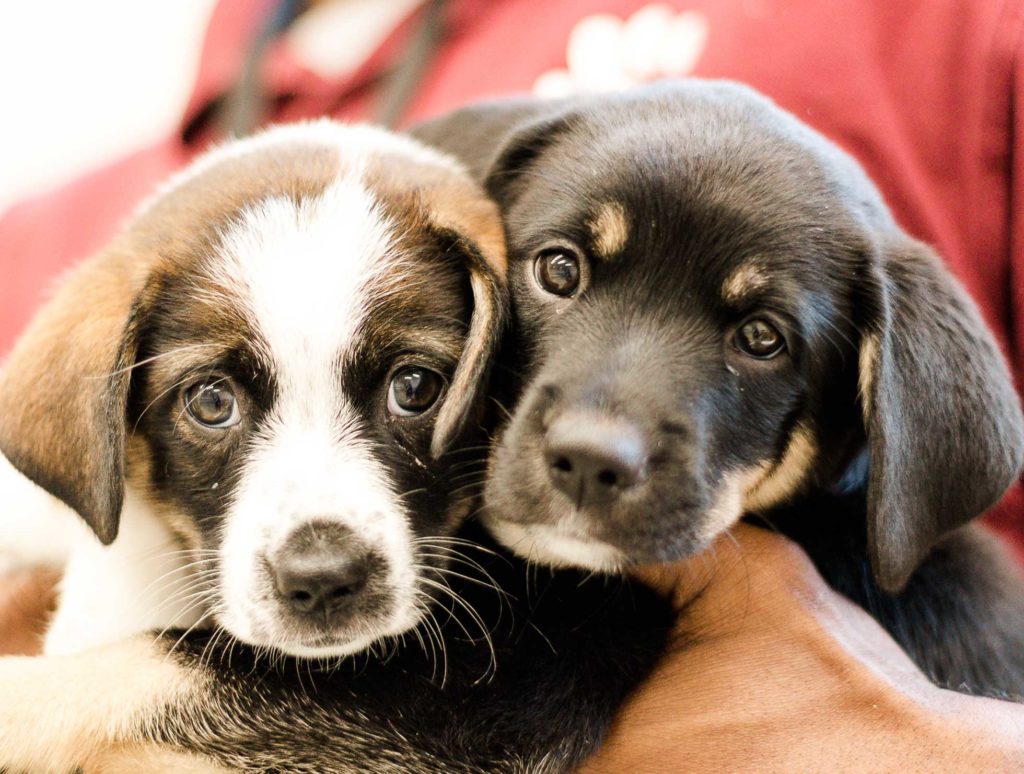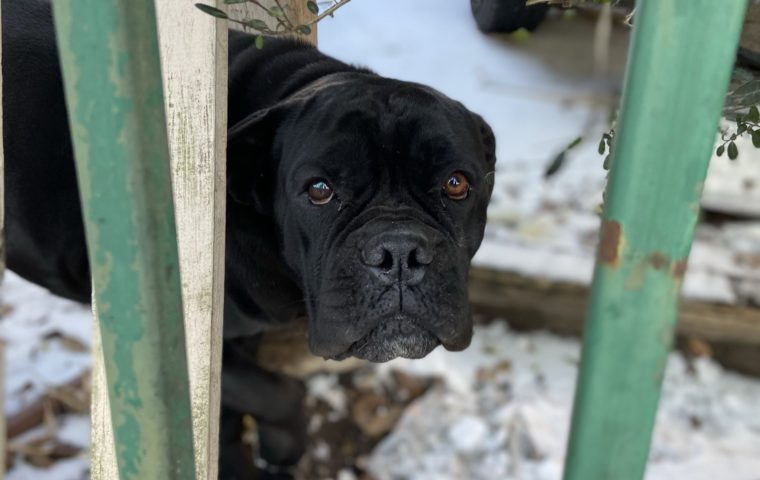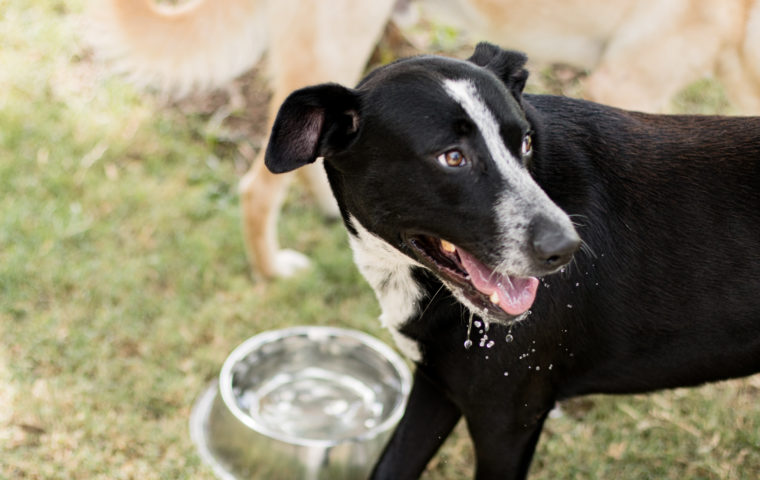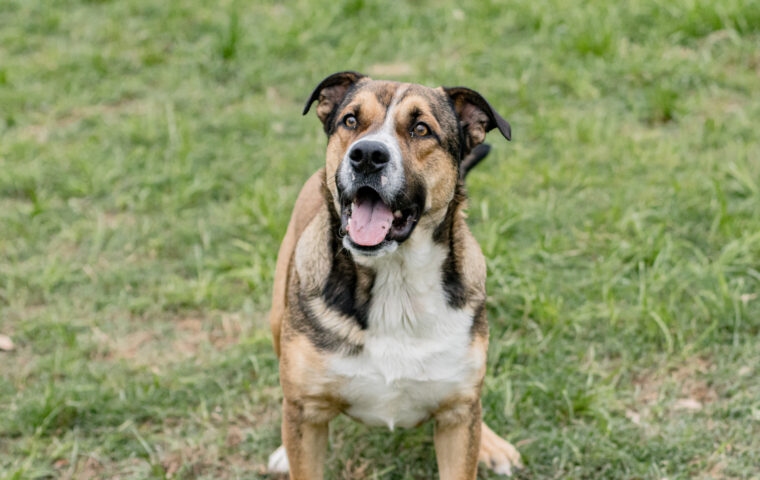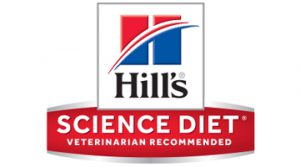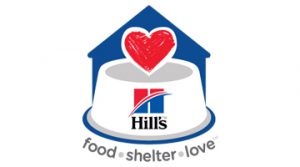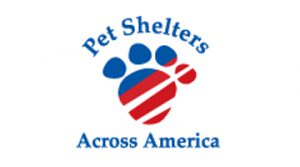(January 9, 2022)
Houston SPCA has an urgent message for pet owners to pay special attention to their outdoor pets as the first freeze of the year is expected to hit overnight. A pet’s age, breed, or health may impact how they tolerate inclement weather. *It is strongly recommended that all companion animals be brought indoors, or at least in an enclosed, dry structure with blankets. If a pet is living outdoors during extreme weather, there must be extra care when providing food, water, and shelter.
The Houston SPCA offers the following recommendations to help keep outdoor animals safe:
Provide MORE: Food, Water and Shelter: Outdoor pets need to consume 25 to 50 percent more calories than usual because the cold weather tends to deplete their energy. Make sure to provide fresh water for your pet and use plastic food and water bowls as your pet’s tongue can stick to metal or the water can freeze. Outdoor pets should have a shelter or dog house that will protect them from the wind and is elevated. Add in blankets, towels or hay to keep your pet warm and dry.
Exercise Care with Cats, Canines and Cars: A car can act as a refrigerator in the winter. Never leave your dog or cat alone in a car during the winter months. Keep your cats indoors during cold weather as they may sleep under the hoods of cars to stay warm. When the motor is started, the cat can be injured or killed by the fan belt. Give an outdoor cat a chance to escape by banging loudly on the car hood before starting your car.
Avoid Antifreeze and Rodenticide Poisoning: When taking care of your car’s winter needs, be sure to use ‘pet safe’ antifreeze since most cats and dogs are attracted to the sweet smell and taste of antifreeze, which is lethal to your pets. Also keep rat and mouse poisons out of reach, as they can cause fatal bleeding or organ failure in your pet.
Equine & Farm Animals: Be sure horses have access to a barn or a three-sided structure with a roof so they can escape the wind and cold. While not all horses will need to be blanketed, blankets will help horses keep warm and dry, especially in the rain or freezing temperatures. Frequently check water troughs and buckets to ensure the water is not frozen. Provide access to extra grain and hay if no grazing is available. Feed your horse unlimited forage during extreme cold to help them increase and regulate their body temperatures.
Native Wildlife
- Pour warm water into birdbaths to melt frozen water.
- Put out extra birdseed or suet in your yard.
- Make a shelter for small mammals, like opossums, by cutting a hole in a cardboard box or plastic drink cooler and filling it with straw or soft blankets.
- Carefully place cold and wet baby animals in a box with soft rags and a warm (not hot) water bottle, rice sock, or low heating pad until it is safe to get them to the Houston SPCA’s Wildlife Center of Texas. Do not feed or give water to any injured or orphaned wildlife.
###



